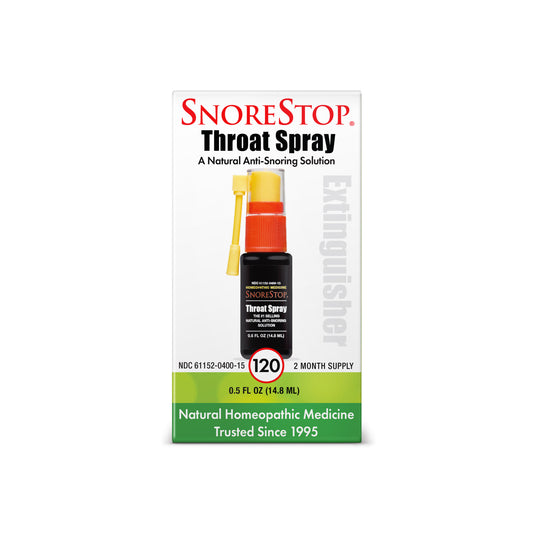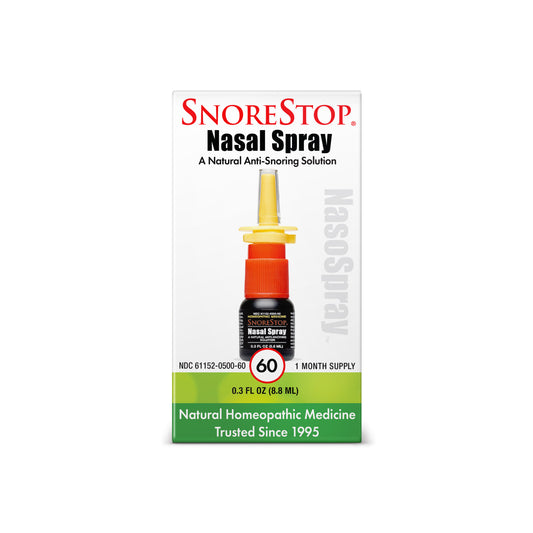
After a long day, sometimes a couple of drinks sounds nice. You may think this could relax you and help you sleep. However, it is the exact opposite. Even a couple of drinks before bed can affect your sleep quality. Also, drinking until you pass out does not result in quality sleep.
Additionally, those who do not normally snore can find themselves snoring after alcohol consumption. Drinking and snoring go hand in hand. Take a look at how alcohol decreases sleep quality and increases snoring.
Intoxication normally begins within ten to twenty minutes, whether we drink beer, wine or liquor. It takes up to 14 hours after the liver has removed the alcohol from your blood stream for your brain functions to return to normal.
In the meantime, the alcohol passes through the body and acts as a relaxant. This calming effect relaxes all of the muscles in the body, including those in the mouth and throat. These are the muscles responsible for snoring.
Regardless of snoring, alcohol does not induce a good night’s sleep. People may relax and fall asleep faster, but they suffer from low-quality sleep. Fragmented sleep and difficulty maintaining sleep are common for those who drink before bed.
Added, they spend less time in REM sleep, which is the deepest and best sleep. Without enough REM sleep, people wake up fatigued. This reduces one’s ability to concentrate, recall, or use motor skills.
Respiratory Resistance
Drinking before bed can lead to night sweats and awakenings throughout the night. Alcohol contributes to insomnia and hangovers, which lead to poor sleep quality, health problems. and snoring.
Alcohol’s sedative effect pronounces muscle relaxation around the airways, so snoring is the body’s way of counteracting this relaxation.
The relaxed muscles cause a person who snores to force air through partially blocked airways. Our breathing muscles must force air through the blocked airway(s) as an effort to pull more oxygen into the system. This is called respiratory resistance.
Respiratory resistance rises as we sleep due to gravity and your weight. This explains why people take longer and deeper breaths during sleep. Normal people experience double the respiratory resistance during sleep. A snorer can deal with four times the respiratory resistance.
Drinking alcohol can double or quadruple the respiratory resistance, therefore a snorer with a drink could deal with eight times the respiratory resistance.
The more relaxed the muscles and tissues are, the more they can block your airways which causes vibrations that lead to snoring. Thus, more drinks equal more relaxed muscles and more snoring.
Further, the back of the throat closes faster in a drunk person than a sober individual. Ultimately, this explains why some people only snore when they consume alcohol. It also explains why many people snore louder after alcohol consumption.
Drink less or earlier in the day
Obviously, a person could abstain from alcohol to increase their quality of sleep. This would reduce the amount of snoring for a regular snorer or irregular snorer. However, do you really want to give up wine with dinner or beer with a sports game?
Otherwise, you could consume less alcohol or cut the alcohol content in your drinks. For instance, drink beer instead of wine as the beer has a lower alcohol concentration. A snorer could also stop drinking earlier. You want to give yourself plenty of time for the alcohol to pass.
That does not mean staying up late. Staying up late will make you overtired which can also increase the odds of snoring.
In the end, sleep is as fundamental to life as food and water. It renews the nervous system, temperature regulation, memory, and information processing. Drinking which leads to snoring impacts all of these processes.








